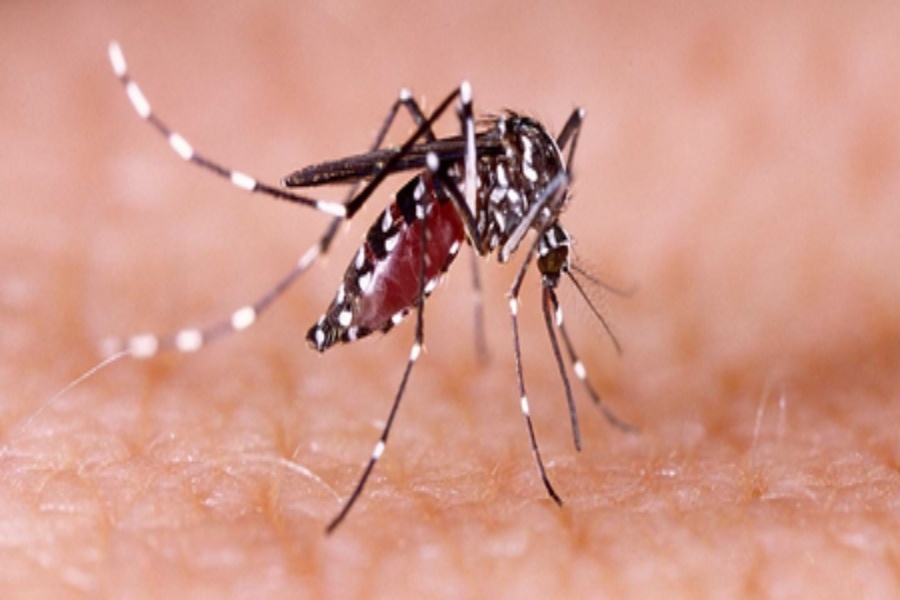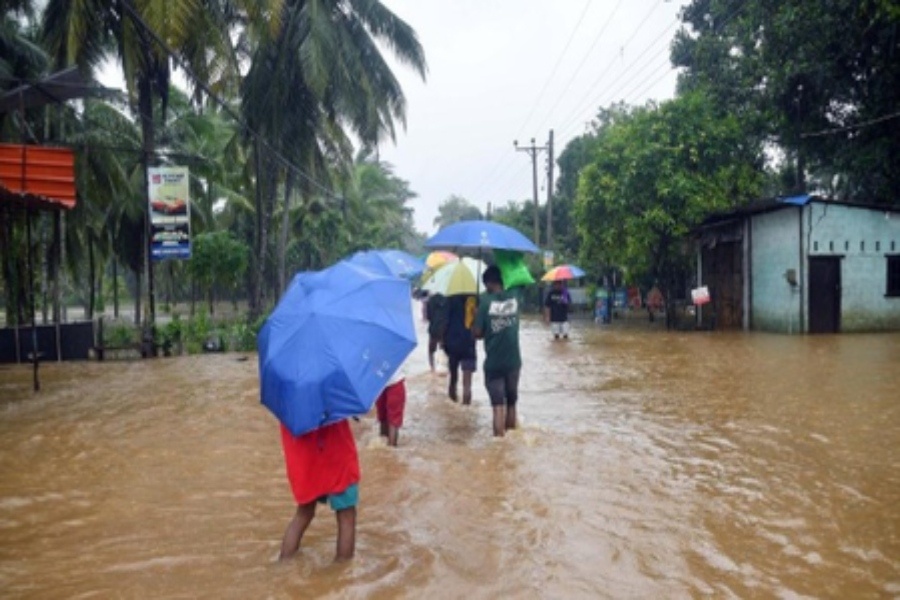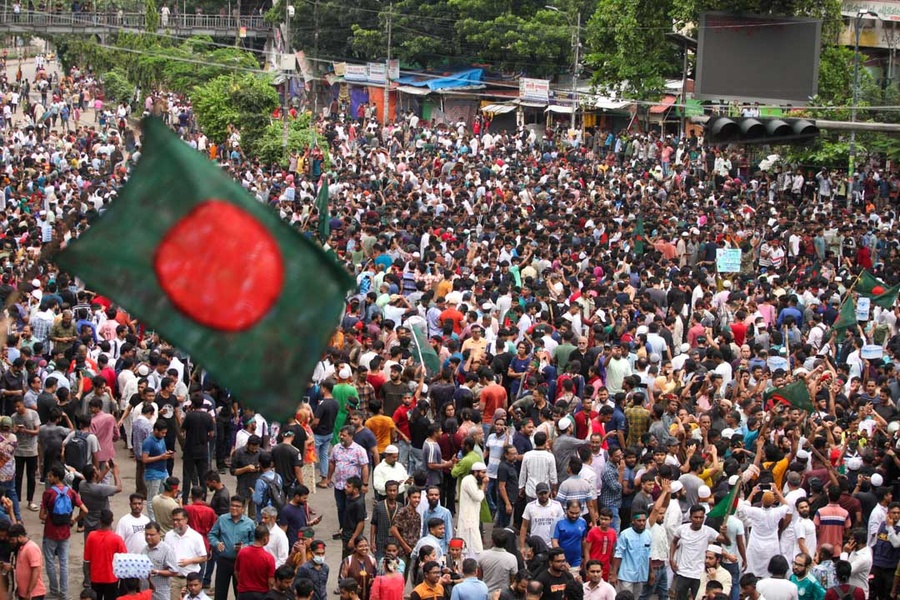Bangladesh continues to battle a severe outbreak of dengue fever, with more than 61,600 cases and 253 deaths reported so far this year, according to the Directorate General of Health Services (DGHS).
In the past 24 hours alone, 814 new infections and four deaths were recorded, the DGHS said.
The mosquito-borne disease has shown a worrying trend this year, spreading beyond its usual June–September monsoon season. Health experts have warned that prolonged rainfall and changing weather patterns may be contributing to the extended transmission period.
As of October, 14,263 cases have already been reported this month, following 15,866 cases in September and 39 deaths in August, 76 in September, and 55 so far in October, according to DGHS data.
Dengue, a viral infection transmitted by Aedes mosquitoes, often causes high fever, headaches, body aches, nausea, and skin rashes. While most patients recover within one to two weeks, severe cases can lead to life-threatening complications and require hospitalization.
Globally, dengue has surged in recent years. The World Health Organization (WHO) reported a record 14.6 million cases and over 12,000 deaths in 2024, marking the highest annual total ever recorded. The Region of the Americas accounted for more than 13 million cases, representing the majority of the global burden.
Health authorities in Bangladesh continue to urge residents to take preventive measures—such as eliminating standing water, using mosquito repellents, and ensuring proper waste disposal—to curb the spread of the disease.













